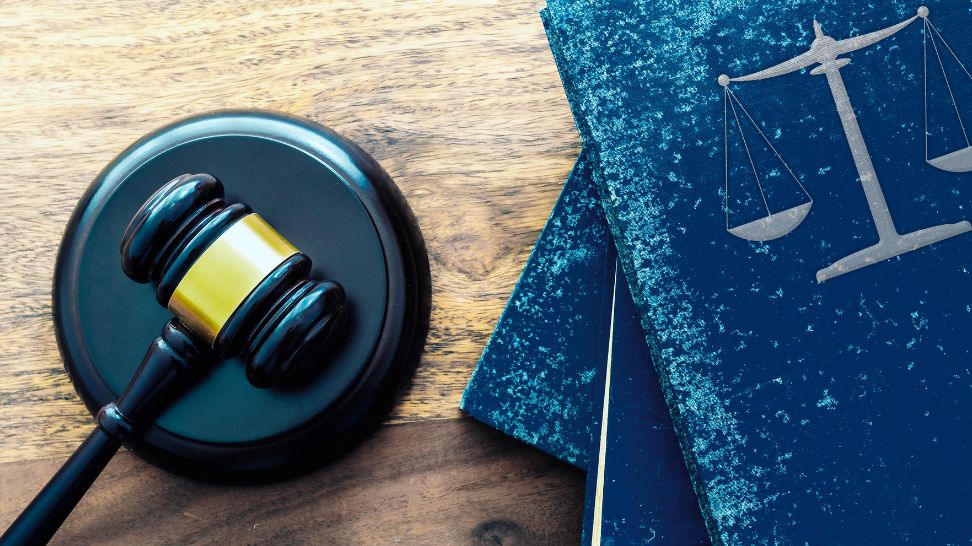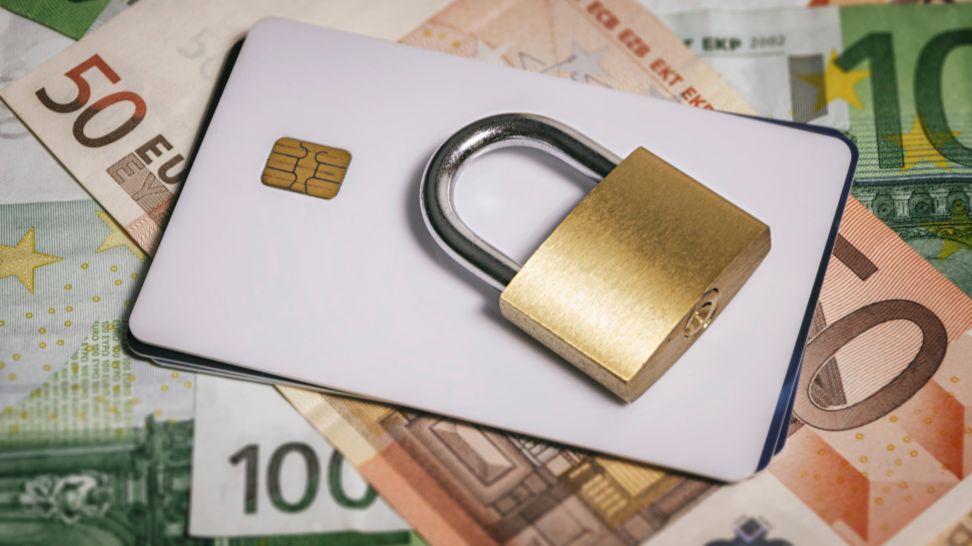Many people choose offshore banking to safeguard their assets, run a business abroad, or profit from higher interest rates. If you are thinking about opening a bank account outside the U.S., you may ask, “How do offshore accounts work?”
Is it legal to hold bank or investment accounts in a foreign country? What are the pros and cons of this asset protection strategy? In this overview, we’ll highlight the key elements of setting up offshore accounts.
The Basics of Offshore Accounts
First, the basics: What’s the definition of an offshore account, and how is it different from accounts located in the U.S.?
What is an offshore account?
An offshore account is a bank account opened in a country outside your home country. While some may associate offshore accounts with illegal activities like tax evasion, they are perfectly legal if you establish them properly. Many individuals and businesses use offshore banking for legitimate reasons such as asset protection, wealth management, or taking advantage of favorable tax laws.
The main difference between an offshore account and a domestic account is its location. Offshore accounts may offer greater privacy, asset protection, and the ability to hold multiple currencies. However, they can be more complex to manage and come with higher fees compared to U.S. based accounts.
How to Open an Offshore Account: A Step-by-Step Guide
Setting up an offshore account requires careful consideration. Here’s a breakdown of how to open an offshore account:
Step 1: Choose the Right Jurisdiction
Selecting the right offshore location is crucial for the success of your offshore banking. Consider the following factors when making your decision:
- Political and Economic Stability: Choose a jurisdiction with a stable government and economy. Political or economic turmoil can jeopardize your assets, so it’s important to select a country with a history of stability.
- Banking Infrastructure: Look for reputable, well-established banks that offer secure services and remote account management options. This is especially important if you want the ability to manage your account from anywhere in the world.
- Tax Laws: Ensure the jurisdiction has favorable tax laws that align with your goals, such as exemptions or low taxes. However, remember that your home country’s taxes will still apply to your global income, so consult with a tax professional to avoid double taxation.
- Currency Flexibility: Choose a jurisdiction that allows you to hold multiple currencies in one account. This can help you diversify your holdings and protect your wealth from currency fluctuations.
Step 2: Submit Required Documentation
Once you’ve chosen the right jurisdiction, you’ll need to submit the necessary documentation to the bank. The specific requirements can vary depending on the jurisdiction and bank, but typically you will need to provide:
- A Valid Government-Issued ID: This could be a passport, driver’s license, or national identity card. This verifies your identity.
- Proof of Home Address: Banks usually require a recent utility bill, bank statement, or government-issued document showing your home address.
- Additional Documents: Depending on the bank, you may need to provide further documentation such as proof of occupation (e.g., employment verification), a reference letter from your current bank, or a source of funds declaration.
Step 3: Account Opening Process
The process of opening your offshore account may take anywhere from a few weeks to several months, depending on the bank and the jurisdiction you’ve selected. To ensure everything goes smoothly:
- Complete the Application: Once you’ve submitted the required documents, the bank will review your application and may ask for additional information.
- Minimum Deposit Requirement: Some banks may require a minimum deposit to open the account. This amount can vary widely depending on the jurisdiction and the type of account.
- Follow Bank Procedures and Regulations: Make sure to adhere to all bank guidelines and local regulations. Each jurisdiction has its own rules for opening offshore accounts, so it’s important to stay compliant throughout the process.
Once the process is complete, your offshore account will be set up and ready for use.
Popular Offshore Account Jurisdictions
Some of the most popular locations for offshore accounts are:
- Switzerland: Switzerland’s political stability, strong economy, and well-known confidentiality laws have attracted international clients for decades.
- Panama: Panama offers excellent privacy, hefty creditor protections, and lower account minimums.
- Cook Islands: The Cook Islands are highly confidential, and the local legal system provides excellent creditor protection.
Legal Compliance and Tax Responsibilities

Holding offshore accounts comes with legal obligations. It’s important to emphasize that offshore banking is not a tool for tax evasion. While offshore banks may offer confidentiality, they must comply with international anti-money-laundering (AML) and know-your-customer (KYC) regulations.
You are required to report any offshore income or assets on your tax returns. U.S. citizens, for example, must comply with the Foreign Account Tax Compliance Act (FATCA) and report foreign bank accounts to the IRS.
It’s important to work with a qualified international tax professional to ensure compliance and to take advantage of available tax relief, such as the Foreign Tax Credit, which can help you avoid double taxation.
Benefits and Risks of Offshore Accounts
Benefits:
- Privacy: Many offshore jurisdictions have strict confidentiality laws, protecting your bank account details.
- Asset Protection: Offshore accounts can shield your assets from creditors, lawsuits, or financial turmoil in your home country.
- Wealth Diversification: Holding assets in multiple currencies can protect you from currency devaluation.
- Global Investments: Offshore accounts allow you to invest in international markets and open businesses abroad.
Risks:
- Higher Fees: Offshore accounts typically have higher account maintenance fees compared to U.S. accounts.
- Regulatory Complexity: Offshore banking is subject to strict regulations and requires compliance with both international and local laws.
- Limited Access: Some offshore accounts may have restrictions or limitations on the type of services available.
Functionality of Offshore Accounts

Can offshore banking help you preserve your assets and protect your privacy? How do you take advantage of available creditor protection in foreign jurisdictions, and does it matter if you’re opening a personal or business account? Let’s help you answer those questions.
Personal vs. Corporate Accounts
You may choose to open an offshore account for personal use or set up a business account. A corporate offshore account is a sensible choice if you’re also running a company in that jurisdiction. You can pay employees and cover business expenses using foreign currency from your local account.
Asset Protection and Confidentiality
An offshore bank account can help you protect your assets. For instance, creditors or someone targeting you with a lawsuit can easily locate any account you hold in the U.S. but will have a much harder time tracing a bank account in Switzerland.
Moreover, Switzerland and other foreign jurisdictions where Americans usually open offshore accounts uphold rigorous privacy standards for protecting a client’s bank details.
Set Up Your Offshore Account With Blake Harris Law
Do you have questions beyond the basics of “How do offshore accounts work?” Attorney Blake Harris will explain how foreign banking can safeguard your assets and help you choose the best offshore bank accounts for asset protection. Contact us today for a free consultation.


